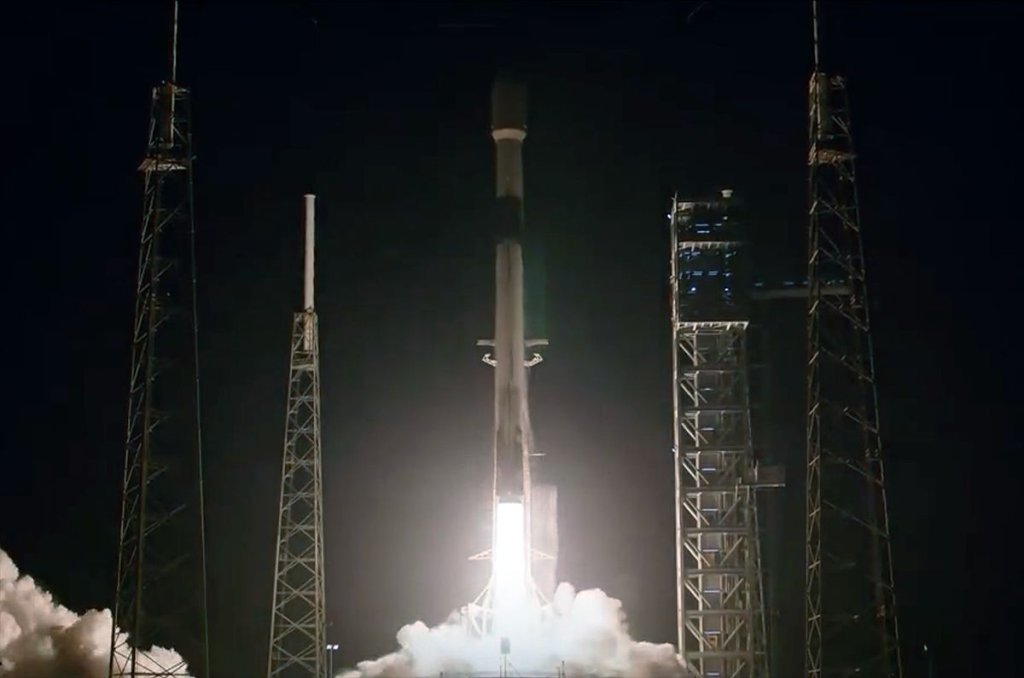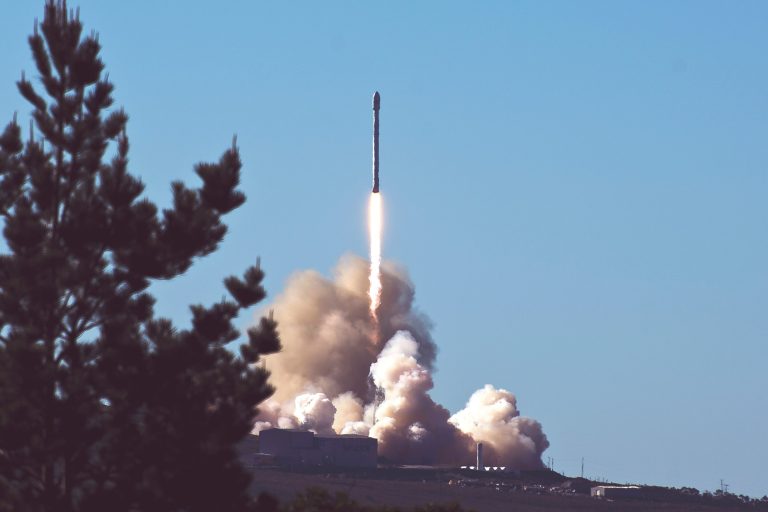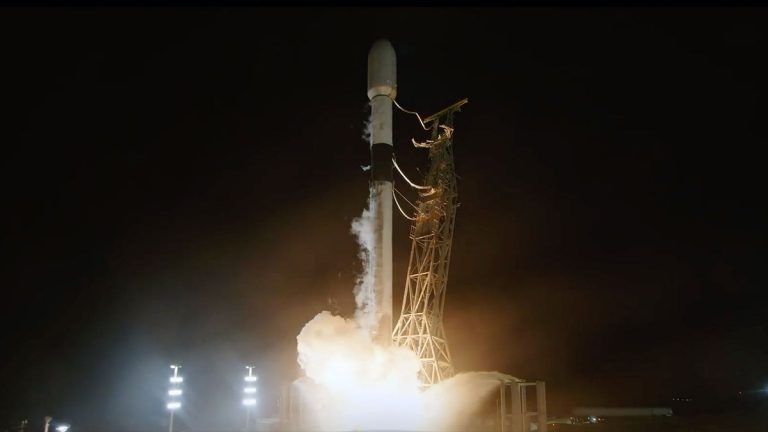
SpaceX launches its 90th orbital mission of the year (Image Credit: Space.com)
SpaceX launched yet another batch of its Starlink internet satellites to orbit early Thursday morning (Dec. 7).
A Falcon 9 rocket topped with 23 Starlink spacecraft lifted off from Florida’s Cape Canaveral Space Force Station at 12:07 a.m. EST (0507 GMT), on SpaceX’s 90th orbital mission of 2023.
Related: Starlink satellite train: How to see and track it in the night sky

As to plan, the rocket’s first stage came back to Earth for a vertical landing about 8.5 minutes after launch. It touched down on the SpaceX droneship “Just Read the Instructions,” which was stationed in the Atlantic Ocean off the Florida coast.
It was the ninth launch and landing for this particular booster, according to the mission description.
The 23 Starlink satellites, meanwhile, were set to deploy from the Falcon 9’s upper stage into low Earth orbit about 65 minutes after liftoff.
If you can’t see SpaceX’s Starship in person, you can score a model of your own. Standing at 13.77 inches (35 cm), this is a 1:375 ratio of SpaceX’s Starship as a desktop model. The materials here are alloy steel and it weighs just 225g.
Note: Stock is low so you’ll have to act quickly to get this.
” data-widget-price=”{“currency”:”USD”,”amount”:”69.99″}” data-widget-type=”deal” data-render-type=”editorial”>
Starlink is SpaceX’s huge and ever-growing broadband megaconstellation, which beams internet service down to people around the world. The network currently consists of more than 5,100 active satellites, according to astrophysicist and satellite tracker Jonathan McDowell.
SpaceX extends its flight-cadence record with every liftoff these days. The company’s previous annual mark, 61 launches, was set last year. But we should expect even more spaceflight action next year: SpaceX representatives have said they’re shooting for 144 launches in 2024.









